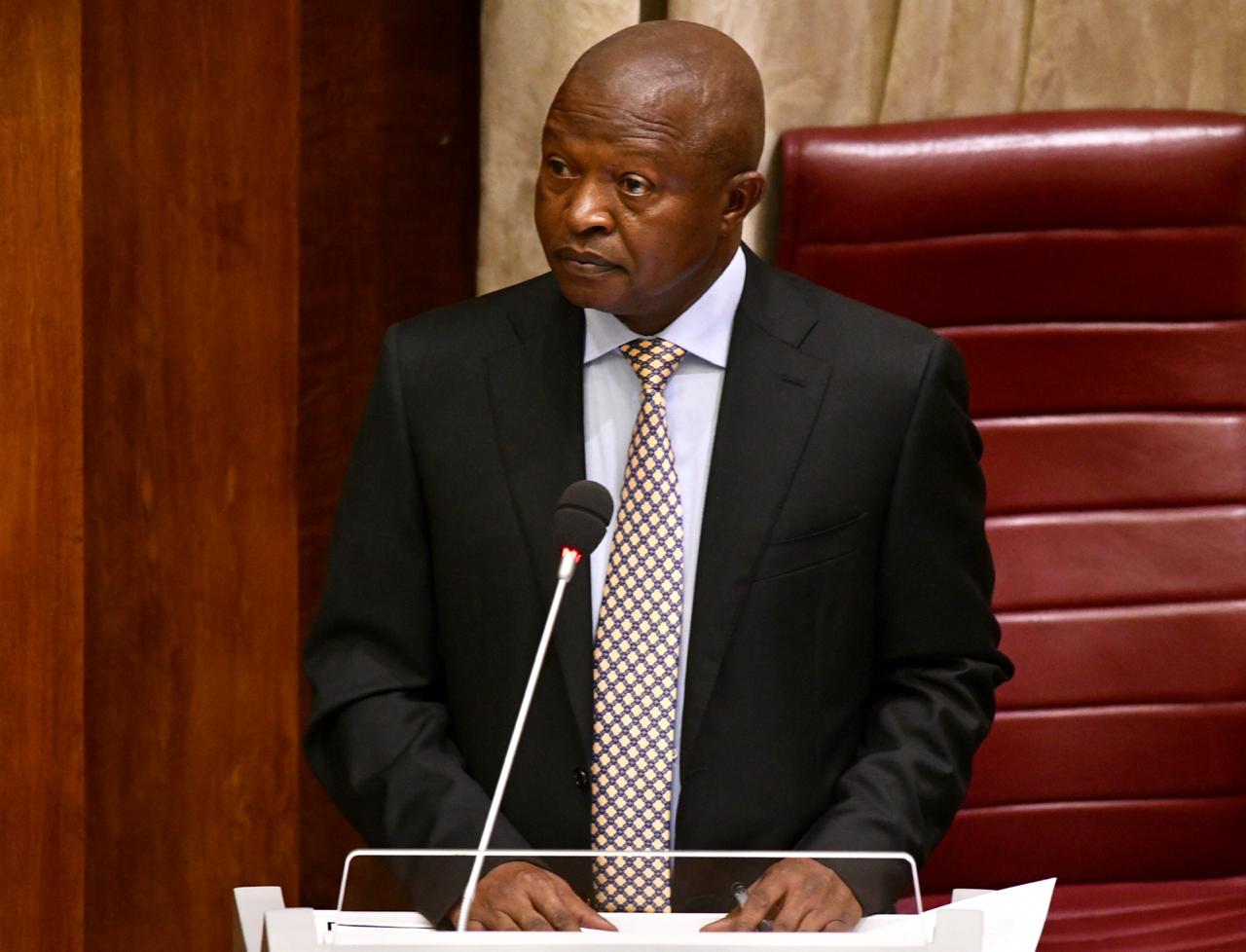Riyaz Patel
Deputy President David Mabuza told the National Council of Provinces (NCOP) Wednesday that national and provincial government departments owes municipalities R9.7bn, which, he pointed out, directly impacts on basic service delivery functions of local government.
“If departments don’t pay, they must explain to the President why they are not paying. We can’t sit here and process laws that we don’t respect, we must be the first to uphold the laws that we pass here,” the deputy president underlined.
Part of the challenge, Mabuza added, is that “we must confront as a nation is a culture of non-payment, especially with regard to consumer debt.”
“We must engender a culture of paying for services that have been rendered and consumed, especially from public entities like Eskom, just as we do with any other form of services rendered for private consumption,” he added.
The deputy president said National Treasury has advised that aggregate Municipal Consumer Debts stood at R165.5 billion as at 30 June 2019.

“Due to escalating consumer debt, many of the affected municipalities have been struggling to meet their own payment obligations.”
Of particular concern, Mabuza said, is the municipal debt to Eskom.
Quoting from Eskom’s 2019 Integrated Report, the deputy president said the total municipal “arrear debt has continued to escalate to unacceptably high levels, amounting to R19.9 billion.”
Mabuza told the NCOP session that he would be following up on the matter to ensure inter-governmental debts are settled and soon.
“I’m going to write to each and every minister to do that. I’ve taken it upon myself to help the president to ensure that those who are owing must pay.”
Responding to a question on land, Mabuza said government will soon make announcements on the redistribution of State land for agricultural purposes,
Mabuza said the government was not only looking into speeding up restitution of farmland but also redistributing land to emerging farmers and was looking at State-owned land and drafting qualifying criteria for beneficiaries.
He conceded that emerging farmers who benefited from restituted and redistributed land had failed and said this was because of inadequate a support from the State.
“Our support has been erratic,” he said, adding “There have been weaknesses in the manner we support small farmers. This resulted in a number of small farmers failing.”
